Don’t have time to read? Here’s a quick summary:
- Scientists debate whether cancer is a genetic disease, or a metabolic disease.
- Most say that cancer is caused by genetic errors.
- Others say that it’s a metabolic problem stemming from dysfunctional mitochondria (i.e. the cell’s power plant). This concept of cancer started in the early 1900’s based on Nobel Prize level research. But it was overshadowed by the excitement of emerging genetics research.
- However, the metabolic aspects of cancer have come back into focus amongst cancer researchers.
- There is evidence that supports both sides of the debate. And it’s likely that some cancers can be more rooted in genetic problems, and others in metabolic problems.
- And ultimately, BOTH genetic and metabolic problems are ultimately involved in cancer.
- But, the metabolic aspects of cancer are largely overlooked in conventional treatments alone. So this is something you’ll want to consider for your overall program.
- Cancer metabolism can be targeted in many ways. This includes therapeutic diets, “antiglycolytic” plant compounds, supplements that target amino acid and fat metabolism in cancer cells, optimizing tissue oxygenation, optimizing blood circulation, and using nutrition to support cell respiration.
- So regardless of who is right about this debate, you still want to target cancer cell metabolism in order to fight cancer from all angles.
When you’re fighting cancer, it’s important to know about different approaches that can help your body regain it’s health.
But, there’s fundamental debate in the science and medical community in regards to cancer. And this influences the way cancer is treated.
This big debate is whether cancer is a genetic disease… or… if it’s a metabolic disease.
Understanding this debate can give you a clearer perspective. This way you can make the best decisions on how to want to approach your case.
So today we’re going to talk about:
- Why you should educate yourself about cancer
- The paradigm shift in cancer research
- Whether cancer is a genetic or metabolic disease
- How this affects you
- What you can do about it
Be Well Informed, And In Control
In many cases, people who are fighting cancer don’t know much about it. And they often surrender their authority to whoever is treating them.
And while it definitely is important to work closely with your physicians… it’s even more important to take charge of your own health.
Because, even oncologists have different opinions. And I’ve worked with cases where one oncologist completely disagreed with an approach of another, to the point of calling the treatment “dangerous.” This is why it’s critical to be well informed about your own situation.
It’s also important to realize that physicians get most of their information from scientists. Physicians mostly treat diseases, while scientists study diseases. And scientists then relay their findings to physicians to help guide their treatments.
But here’s the biggest problem… especially for advanced cancers, or cancers that have been deemed “incurable.”
Getting new information into “mainstream practice” takes time… time that you may not have.
Because, scientists who support the current mainstream view get their information more widely disseminated in the medical system. This means being published in the more prestigious journals, which the majority of doctors follow.
Though this information is of course important… the current mainstream view may not be considering all of the science that’s available (because it often takes many years for emerging science to get incorporated into practice.)
So, science is always evolving. And… the mainstream view often becomes outdated (or gets clarified) decades later by an emerging minority of scientists (often publishing in less prestigious journals.)
But, many people don’t have the time to wait for mainstream adoption when they’re fighting cancer. This is especially true with very advanced or “incurable” cases.
Because of this, going straight to the sources can give us a better idea of what we can do, now.
This is especially important when we’re talking about health strategies that pose little to no risk, nor interfere with your oncologist treatments.
There’s Lots Of Information About Cancer That’s Overlooked During Treatment
Now, for those who have read my other articles, you know that I always talk about the connections between sugar and cancer.
But I’ve had people come to me not knowing what to think because their oncologist says that “sugar doesn’t matter” in terms of cancer… They are often told that sugar feeds all their cells… not their cancer specifically.
I’ve addressed the sugar feeds cancer issue in another article (and that it can feed cancer “preferentially” in many cases [1].) But behind this debate is another debate of whether cancer is a genetic disease or a metabolic disease.
To put it simply… cancer is mostly considered to be a genetic disease… because there are genetic errors that cause the cancer cells to go rogue. The genetic model of cancer is also the current mainstream view of cancer.
But on the other side, a growing number of researchers consider cancer to be a metabolic disease, because there are also problems with how cancer cells make energy. This is not the “mainstream view…” But as you’ll see, this view is becoming more and more prevalent.
Cancer Metabolism Research Is Back In The Spotlight
Metabolism refers to the chemical processes that allow cells to make energy. And the most important metabolics research into cancer happened in the 1920’s…
In 1924, the Nobel Prize winning biochemist Otto Warburg discovered that cancer cells made energy in a different way than normal cells [2]. Unlike healthy cells… cancer cells use sugar to make energy using a non oxygen dependant process. Because of his discovery, the way cancers make energy has been termed the “Warburg Effect.”
But these discoveries about cancer also happened at a time when genetics research was on the rise. So most of the scientific community switched their focus away from the metabolic aspects of cancer, toward the genetic aspects of cancer.
Because of this, the genetic model of cancer is still the predominant model explaining the cause of cancer.
But… science is coming full circle, back to the metabolic research from over 8 decades back.
Take a look at this graph below… It shows you how many time the “Warburg Effect” was mentioned in scientific researchers in the last two decades.
So you can see that the Warburg Effect has again become a hot topic when it comes to cancer research.
The Warburg Effect: A Genetic Problem? Or Metabolic Problem…?
So in a normal situation, your healthy cells mostly depend on a oxygen dependant process to turn sugar into energy. This is called “cell respiration.”
It’s only when your healthy cells lack oxygen, that they turn to a non oxygen dependant process called “glycolysis.” An example of this is when you work out very intensely. The lack of oxygen forces your cells to switch over to glycolysis. This also causes them to make lactic acid waste, which contributes to muscle fatigue.
But what Dr. Otto Warburg discovered in the 1920’s was that cancer’s make energy with glycolysis, even when there is oxygen available. This process is also called “aerobic glycolysis” (aka. The Warburg Effect, aka. aerobic fermentation).
It’s called “aerobic glycolysis” rather than “anaerobic glycolysis” because cancer cells use glycolysis even when there is oxygen available.
Note: Much like with intense exercise, the aerobic glycolysis used by cancer cells also generates lactic acid. This tumor generated acidity is cancer promoting in an of itself, which is why I emphasize neutralizing this acidity in most cases [3].
Overall… the way cancers use aerobic glycolysis to make energy is accepted by everyone. Even the leading cancer genetics researchers have come to acknowledge cancer’s unique metabolisms as an “emerging hallmark” of cancer [4] [5].”
The ironic thing is that this “emerging hallmark of cancer” actually emerged over 90 years ago… It’s just that the bulk of the scientific community chose not to focus on this. Rather, they turned their focus toward genetics research.
So… scientist all agree that the Warburg Effect is a real phenomenon that is characteristic of cancer.
BUT… what they don’t agree on is whether this deranged metabolism is a CAUSE, or an EFFECT of cancer.
The genetics camp says that the genetic errors that cause cancer development also causes cancer cells to start making energy in an abnormal way.
The metabolics camp says that cancers’ deranged metabolism CAUSES cancer and the subsequent genetic errors that are seen in cancer.
Questions Against The Genetics Camp
There are some very important facts that support the metabolic model of cancer.
Here are some of the main points…
Otto Warburg and early cancer researchers found that they could turn healthy cells into cancer cells just by reducing their oxygen supply. Then once they become cancerous, they would remain cancerous even when the oxygen supply was restored[6]. This points to problems with energy metabolism being at the root of cancer.
Early researchers found that cells could be made cancerous by reducing their oxygen supply… And the more oxygen deprived they were, the more aggressive they became.
Other researchers found that the swapping the nuclei of cancerous cells (where genetic information is stored) into healthy cells did not cause it to turn cancerous.
BUT… swapping mitochondria from cancer cells (the cellular power plant) into healthy cells DID produce cancer[7]. If cancer was a genetic diseases, putting “cancerous genetic information” into another cell should make it turn cancerous.
Modern researchers also point out, that cancers don’t share a specific type of mutation. Even cancer cells from the same tumor can be vastly different in their genetic errors[8][9].
But… most cancers share the common problem of having “deranged” energy metabolism. These researchers also point out that “genetic stability” depends on healthy energy metabolism. So “metabolic instability” can lead to the array of different genetic errors that we see in cancers.
So as you can see, there are plenty of valid points supporting the metabolic side of the debate.
Questions Against The Metabolics Camp
But like many things in life, this debate isn’t so cut and dry. So on the other side, there are also some concepts that would go against the idea of cancer being a metabolic disease.
First… many immune cells switch metabolism to a “cancer-like metabolism” when they are called to respond.
But when the inflammatory signal goes away, they go back to normal rather than become cancer[10]. Without the genetic signal errors present, these immune cells don’t turn cancerous… regardless of this switch in metabolism.
Another fact is that some cancers don’t even rely much on the “cancer-like metabolism” (i.e. Warburg Effect)[11]. Rather they rely more on cell respiration like normal cells do.
Lastly, metabolic side of the debate often says that the that the mitochondria “power plants” in cancer cells, are irreversibly damaged. But an antiglycolytic substance called “dicholoroacetate” (DCA) has shown the potential “reverse the metabolic derangement” in cancer cells[12].
So What’s The Reality? And What Does It Mean For Me?
So as you can see, there are some really valid questions and facts that support both sides of the argument.
But here’s what I think about the situation overall, and how it applies to you and I (i.e. people who are not cancer researchers.)
I tend to emphasize the metabolic aspects of cancer because these metabolic approaches are UNDERUTILIZED when fighting cancer. I also find the evidence cited by the metabolic camp to be more convincing in many ways.
But in terms of cancer being a genetic or metabolic disease… I believe that both sides may be correct depending on the situation.
Researchers in Germany point out that there are some cases where mitochondrial damage is the central cause of a cancer. But in other cases, cancer cells can have mitochondria that are working properly[13].
So it’s possible that some cancers may have more of a genetic causes, while others have more of a metabolic cause.
But regardless of who’s correct, one thing is for sure… The genetic and metabolic aspects in cancer are both important, and they’re deeply intertwined.
Regardless, Targeting Cancer Metabolism Is Important
If you’re reading this as someone who is fighting cancer, you may be wondering…
How does this matter to me?
So here’s the most important thing to know in practical terms…
Whether cancer is a genetic or metabolic disease… the metabolic aspects of cancer should still be targeted in most cases. And… these methods are often overlooked by conventional cancer treatments.
Because… if the metabolic aspects of cancer were fully considered in current cancer treatments, hospitals would be controlling the diet of cancer patients.
They would also be using substances to target cancer cell metabolism (at least in between cycles chemotherapy, and/ or radiation therapy.)
So while we can’t be absolutely sure if cancer is a genetic or metabolic disease… the fact is that the metabolic vulnerabilities of cancer are mostly overlooked with conventional. And this is a problem…. especially with very advanced cases where palliative care is the only option.
Here’s What You Can Do About This
So, regardless of if cancer is mostly a genetic or metabolic disease, the metabolic aspects of cancer should definitely be addressed when it comes to fighting cancer overall…
Now, what does this mean for you?
It means that you can be fighting cancer in ways that are not addressed by conventional cancer treatments alone.
In a practical sense, this means that you can help your body fight cancer in between cycles of chemotherapy and radiation therapy. It also means that you can minimize the things that give cancer an upper hand.
So if you want to fight cancer from all angles, you can consider a variety of different strategies, in addition to your cancer treatments. And these strategies help your body fight cancer by targeting cancer cell metabolism (i.e. they target the way cancer’s make energy to survive.)
Now, the types of metabolic strategies that you should use will really depend on your particular case. Because the type of cancer you have will determine which metabolic pathways you’ll want to focus on.
But in general, targeting the cancer metabolically means:
Minimizing the way cancer’s ability to metabolize sugar, amino acids, and fats.
And in most cases, maximizing your healthy cells ability to make energy with oxygen (i.e. cell respiration.)
So here are some strategies that could be considered for your overall program (depending on your particular case.)
Minimize Cancer’s Ability To Use Sugar….
Cancers can utilize a variety of fuels to support its growth. But sugar is one of its main sources of fuel in most cases. So here are some strategies that can help to block the cancer’s ability to use sugar for fuel:
Ketogenic Diet: This is a diet that nearly eliminates all carbohydrates and sugar. Doing this prevents you from overfeeding cancer cells, while you feed your health cells. Studies have shown that ketogenic diets do indeed have the potential to help fight against cancer[14][15][16][17].
Note: The Ketogenic diet is one a few different anticancer diets that we utilize. But depending on the type of cancer and the overall case, I may advocate higher carb plant based diet, or even a plant based ketogenic diet [18].
Antiglycolytic Substances: These are substances that help to counteract glycolysis… the process that most cancer’s use to make energy. This include things like quercetin, sulforaphane, resveratrol, and melatonin.
Minimize The Cancer’s Ability To Use Amino Acids And Fats
Now, cancer’s are highly adaptable. And they are able to use other types of fuel to make energy. The best example of this is glutamine, an amino acid that’s commonly found in food.
There are also a variety of cellular mechanisms that are involved in amino acid metabolism in cancer cells… things like insulin growth factor 1 (IGF-1) and mammalian target of rapamycin (mTOR.)
Ursolic acid in combination with curcumin and resveratrol for example, was shown to help block glutamine transporters in cancer cells [19].
EGCG from green tea is another example. This polyphenol as shown to help block an enzyme that is involved in glutamine metabolism [20].
Now, aside from amino acids… cancers can also utilize fats to grow [21]. They use fats to maintain and from new cell membranes. They also burn fats to produce energy.
So blocking the cancer’s ability to utilize fats can also help to slow its growth. It may also help to combat cancer stem cells, and sensitize them to certain cancer treatments [22].
Compounds found in bergamot orange for example, have shown the ability to block aspects of fat metabolism in cancer cells [23].
More specifically, bergamot compounds were found to block “fatty acid oxidation..,” the process by which cancer cells make energy with fats. Even more interestingly, this fatty acid blocking effects DID NOT occur in normal healthy cells.
So as you can see, there are many strategies that can be used to target the metabolic aspects of cancer.
And again, these are just general recommendations. Because these supplements MAY or MAY NOT be compatible for your particular case.
An example of this is resveratrol. While this supplement may be good for many cases, it shouldn’t be used in HER2 and ER+ breast cancer [24]. In this case, resveratrol could possibly promote tumor growth, so it should be avoided.
There are many potential issues like this that must be checked depending on the case. So before you include any supplements in your overall program, make sure to talk with your doctor and/ or pharmacist.
Maximize The Oxygen Dependant Processes In Your Cells
Promoting Oxygenation: It’s important to maximize oxygenation in your body. Low oxygen environments in your tissues favor the growth of cancer cells over healthy cells, and can cause cancer cells to become more treatment resistant[25].
This can be done with things like aerobic exercise, oxygen multistep therapy, and hyperbaric oxygen therapy.
Optimizing Microcirculation: This is closely related to oxygenation because your blood vessels carry oxygen to your cells. But poor microcirculation can impede oxygenation in the affected tissues.
Tumors also have “deranged blood vessel formation” which can caused them to remain collapsed. Many of these issues can be addressed with aerobic exercise and proper relaxation.
Besides this, BEMER PEMF (pulsed electromagnetic field) has also shown to increase microcirculation in the body[26].
Dietary Fats, and Nutrition: It’s important to that your cells “oxygen based” metabolic process are well supported (i.e. cell respiration.) An important aspect of this is nutrition.
Certain types of fats help to support respiration in the mitochondria[27]. This is why I include Omega 3 6 9 oil in most of my anticancer meal plans.
Beyond this, there are a variety of vitamins and minerals that are important for support cell respiration. This includes a variety of B vitamins, and minerals like magnesium, and zinc.
Conclusion
Like most major debates in life, the answer to whether cancer is a genetic disease, or metabolic disease is likely… both.
But what is definite is that metabolic vulnerabilities exist in many cancers, regardless of the root cause.
And most importantly… the medical system largely overlooks a variety of strategies that could help target cancers’ metabolic abnormalities.
So regardless of if a certain case is rooted in a genetic or metabolic problem, targeting cancers metabolic vulnerabilities can be beneficial in many cases. These strategies also pose little to no risk in most cases, and can be integrated with conventional oncology treatments.
Integrating these anticancer strategies with your oncology treatments will ensure that you’re fighting the cancer in every way possible. This is especially important in advanced cases where palliative care is the only option.
Are You A Candidate For Our Program?
If you’d like to learn more about the AntiCancer360 approach and see if we can help you… please watch our free online webinar to learn more about our approach. Then at the end, you’ll be able to schedule a free call with someone from our team so that we can discuss your case in more detail.
Citations:
Gene Wei is a Board Certified Doctor of Oriental Medicine in the state of Florida, and the founder of AntiCancer360. He’s also a graduate of the University of California Los Angeles, and East West College of Natural Medicine.
His practice is focused on integrative and natural anticancer strategies. Over the years, he’s helped many people overcome difficult cancers… including some cases of “terminal cancer” which were able to be reversed with an “Aggressive Integrative Approach.”


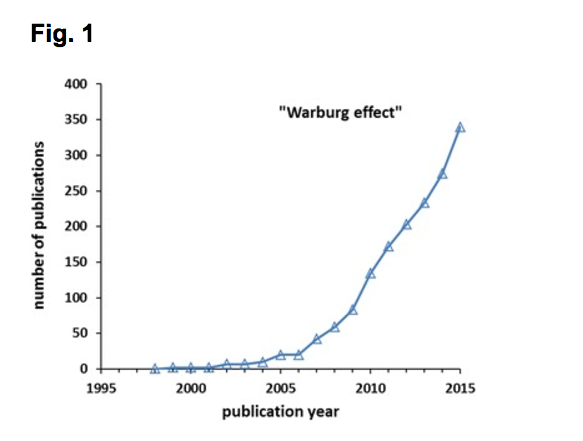
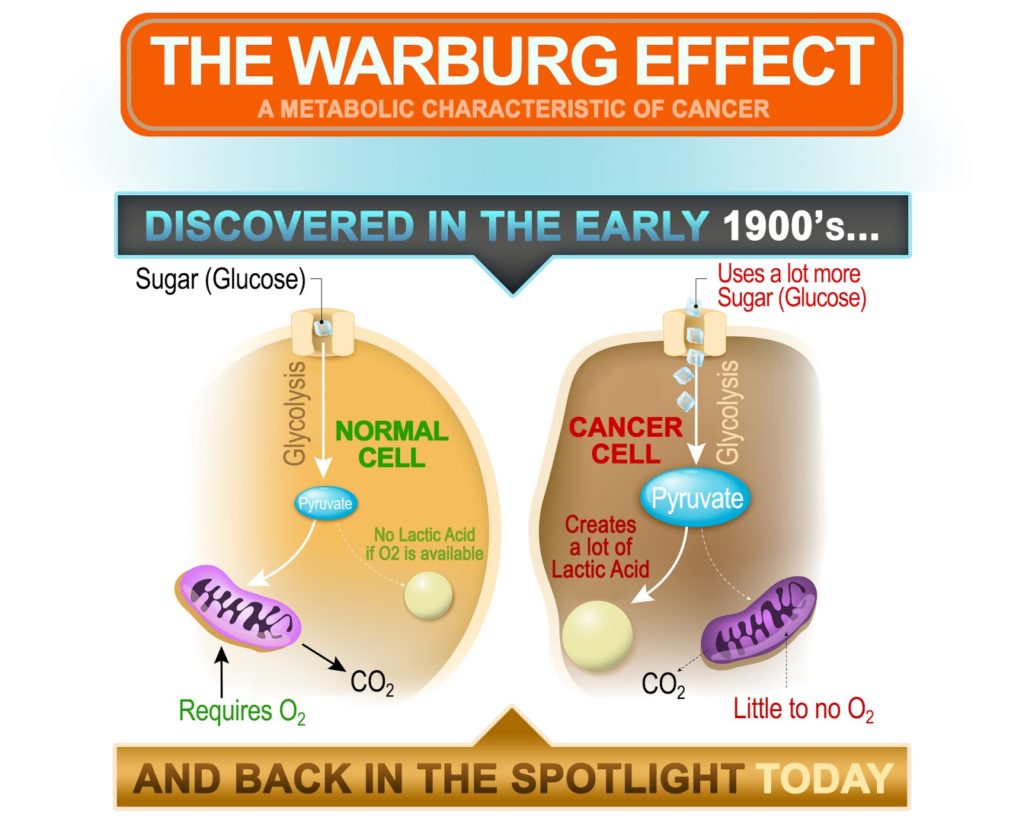
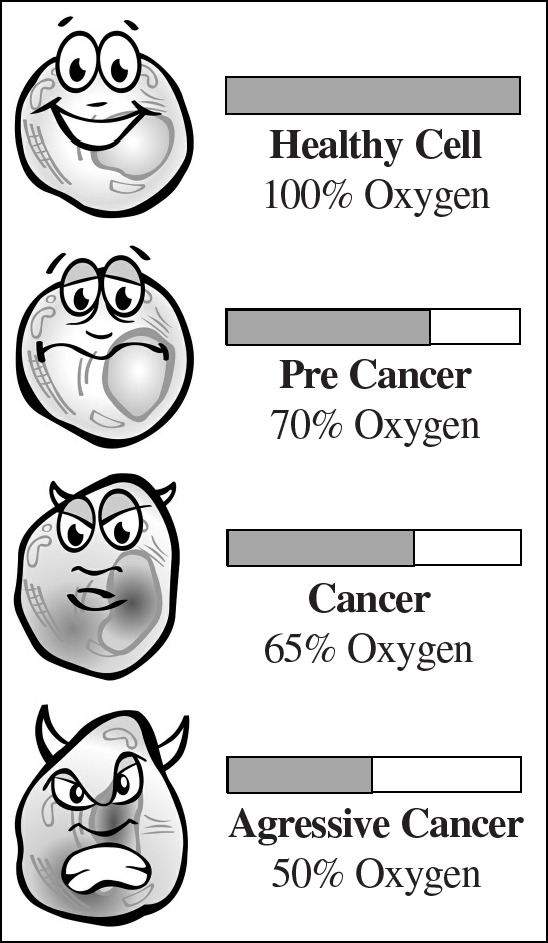
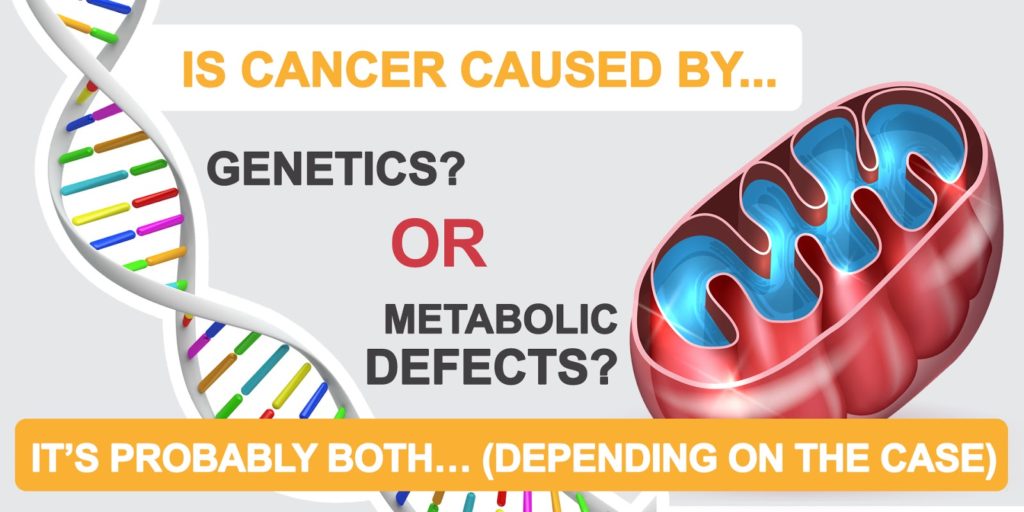
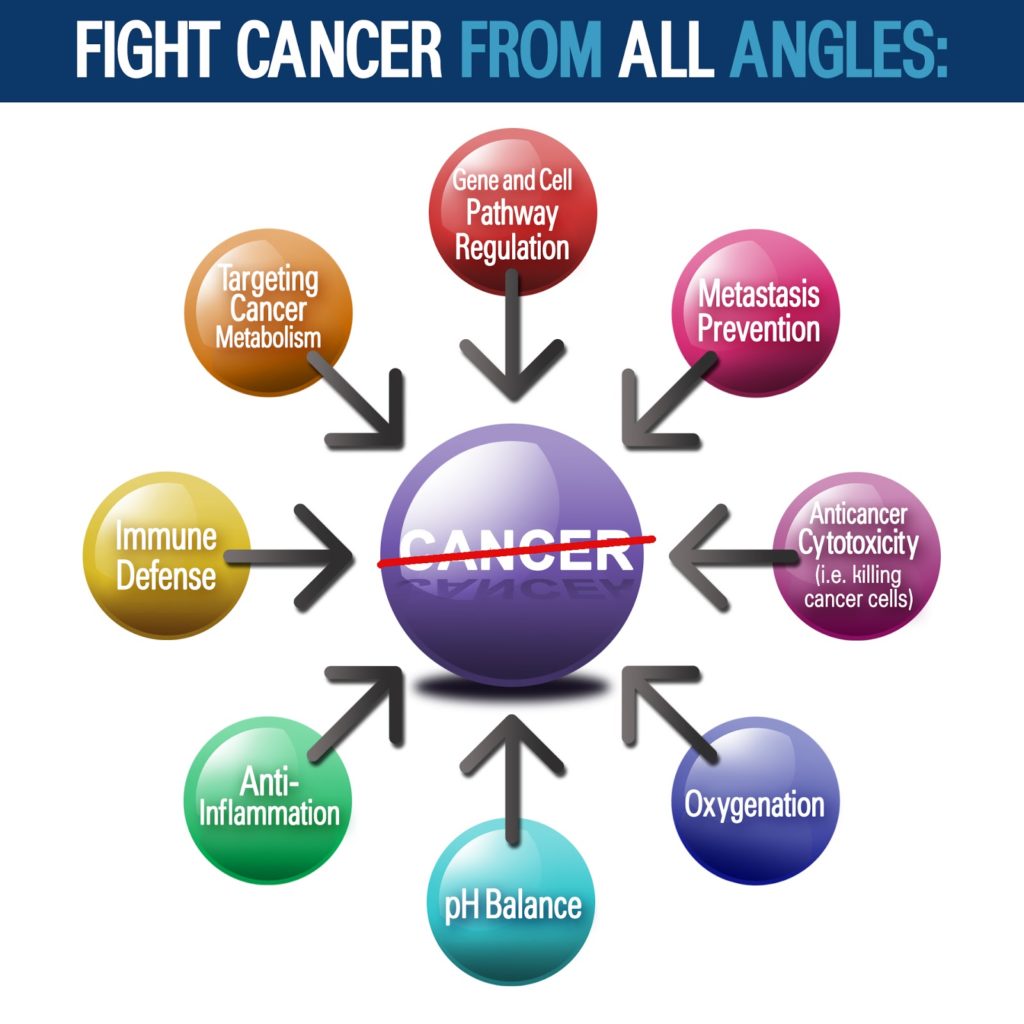
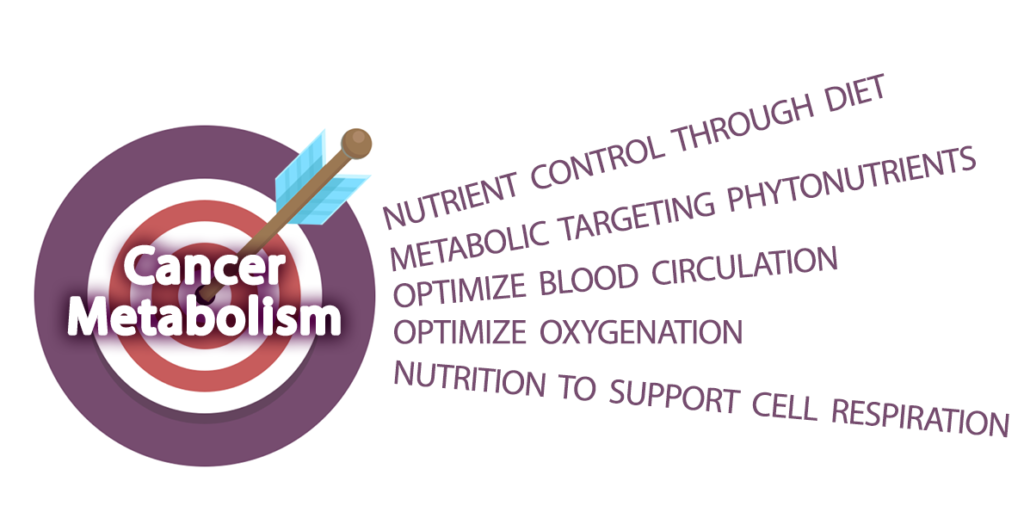


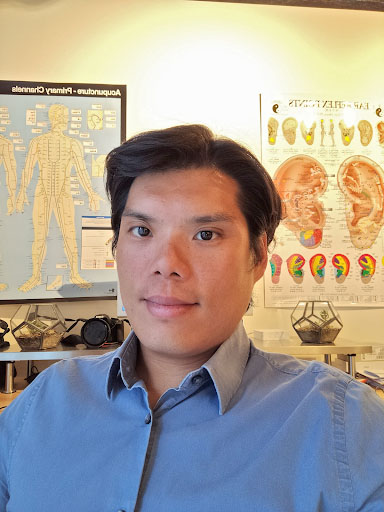



I was referred by a friend Victoria who is your patient, my husband just got diagnosed of Multiple Myeloma April 19 of this year, he doesnt want to undergo chemo and he is just trying alternative. Can you help us.